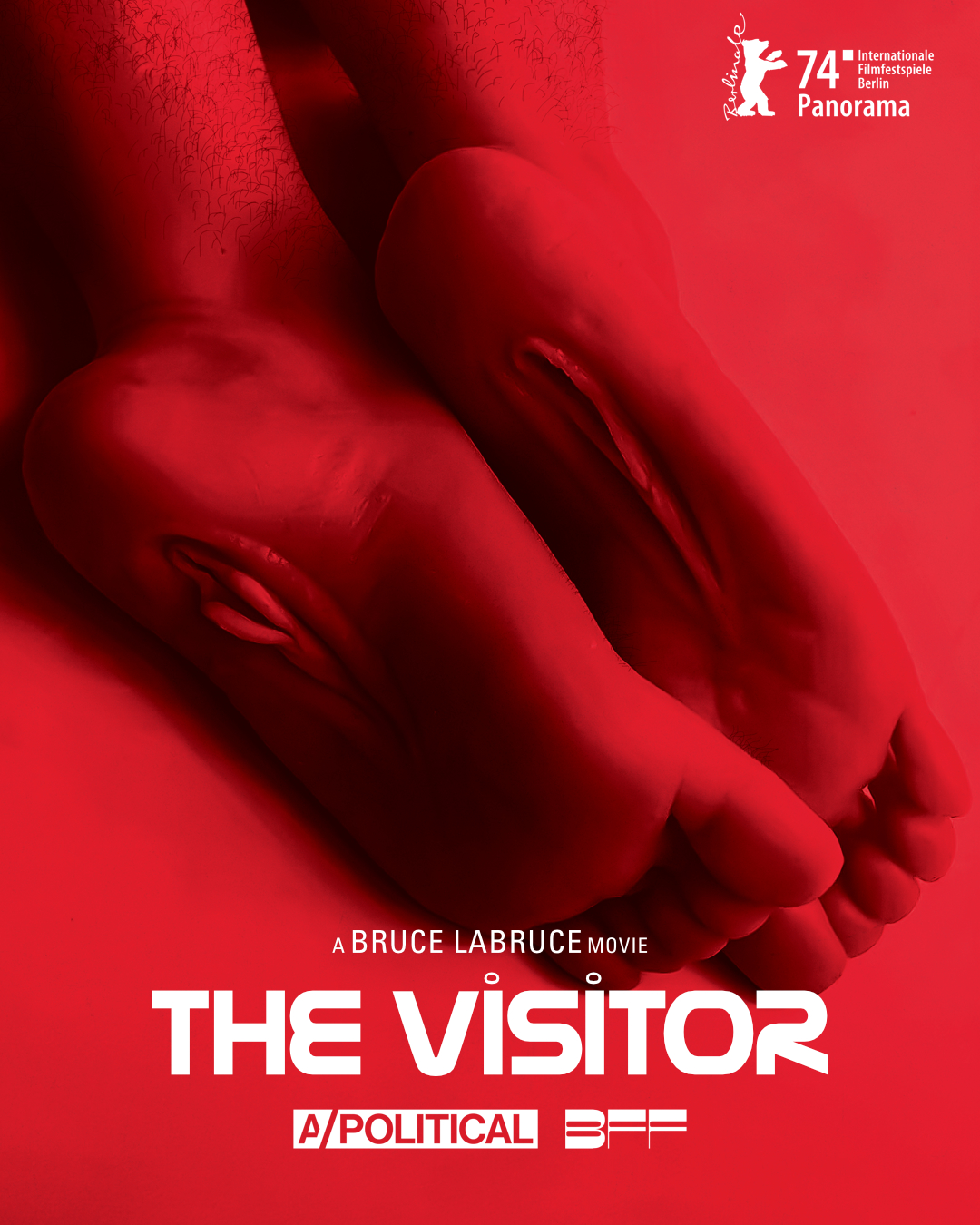London, today. A refugee equipped with a suitcase washes up on the banks of the Thames. The enigmatic stranger with the “fluid” identity then introduces himself to an upper middle-class family. He will be then invited to stay as an employee. The “visitor” soon seduces each member of the family with a series of explicit sexual encounters, turning their world upside down and showing them new radical practices. The film stems from the director's consideration that porn and art, or porn and fashion, or porn and mainstream cinema are permeable categories. According to the director, ours is an age of regression, in which nudity and explicit sexuality on screen are regarded as something prurient and unnecessary, or used for pure sensationalism and publicity, a mischievous gesture to increase ratings. The director used his latest work to present sexuality as natural, or simply as something intrinsic to life.
Bruce LaBruce is a Toronto-based filmmaker, photographer, writer and artist. In addition to numerous short films, he has written and directed fourteen long features, including Gerontophilia, which won the Grand Prix at the Festival du Nouveau Cinema de Montreal in 2013. As a photographer, he has had numerous exhibitions around the world, including the Oscenity exhibition at La Fresh Gallery in Madrid, which generated much controversy in Spain. His feature film L.A. Zombie was shown in competition at the Locarno Film Festival in 2010, and then later was banned in Australia. His latest film, Saint-Narcisse, was named one of the ten best films of 2021 by John Waters in Artforum. LaBruce has had several major film retrospectives, including one at MoMA New York in 2015, and one at Cinematheque Quebecois in New York in 2022. A new two-volume photography book Photo Ephemera was published in 2021.
